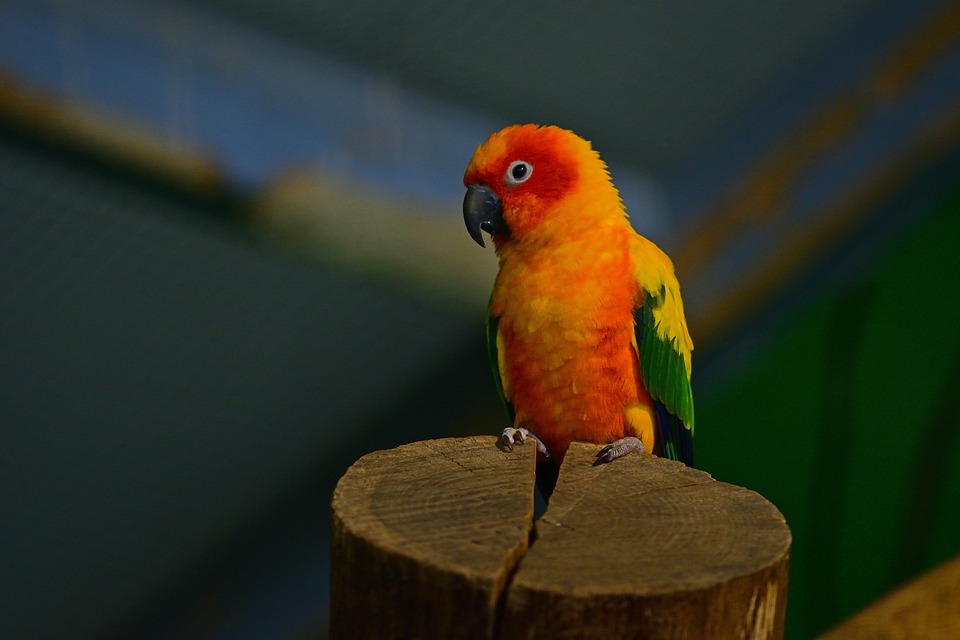Parrots are fascinating creatures known for their intelligence and ability to mimic human speech. Training a parrot can be a rewarding experience, but it requires patience, consistency, and a deep understanding of their behavior. In this article, we will explore how to recognize signs of progress in parrot training and provide tips on celebrating their achievements. Additionally, we’ll address some frequently asked questions to help you navigate this exciting journey.
Understanding Parrot Training Progress
The Importance of Observing Behavior
Observing your parrot’s behavior is crucial to understanding their progress. While every parrot is unique, there are common signs that indicate they are learning and responding positively to training. Here are some key behaviors to look out for:
1. Increased responsiveness: As your parrot becomes more familiar with training routines, they will exhibit heightened responsiveness to your cues and commands. They may start to anticipate your requests and respond promptly.
2. Improved focus and attention: A well-trained parrot will display improved focus and attention during training sessions. They will maintain eye contact, listen attentively, and stay engaged for longer periods.
3. Consistency in following commands: Gradually, you will notice your parrot consistently following commands and cues. This is a significant sign of progress and shows that they understand what is expected of them.
4. Reduced undesired behaviors: Effective training will help diminish undesirable behaviors such as excessive screaming, biting, or aggressive tendencies. A well-trained parrot will display more appropriate behavior and respond positively to redirection.
5. Confidence and trust: As your parrot progresses in training, they will develop confidence and trust in both you and the training process. This will reflect in their body language, as they become more relaxed, comfortable, and eager to learn.
Celebrating Parrot Achievements
The Power of Positive Reinforcement
Celebrating your parrot’s achievements is not only a way to acknowledge their progress but also reinforces positive behavior. Parrots respond well to positive reinforcement, and it aids in furthering their training journey. Here are a few ways to celebrate your parrot’s achievements:
1. Verbal praise and encouragement: Parrots thrive on verbal interactions, so offering enthusiastic praise and encouragement when they perform well is highly effective. Use a cheerful tone and reinforce their success with phrases like “Good job!” or “Well done!”
2. Treats and rewards: Just like humans, parrots appreciate rewards. Use their favorite treats as incentives for accomplishing training tasks successfully. Make sure to use healthy treats that are safe for parrots and provide them in moderation.
3. Physical affection and attention: Parrots enjoy physical contact and affection from their owners. Celebrate their achievements by offering head scratches, gentle petting, or even a quick play session with their favorite toys.
4. Introduce new challenges: Once your parrot has mastered a particular skill, introduce new challenges to keep them engaged and motivated. This will prevent boredom and encourage continuous learning.
Frequently Asked Questions (FAQs)
Q1. Can parrots be trained to talk?
Yes, parrots are renowned for their ability to mimic human speech. With consistent training and repetition, many parrot species can learn to talk and imitate various sounds and phrases.
Q2. How long does it take to train a parrot?
The training time required varies depending on the individual parrot’s personality, species, and the complexity of the desired behaviors. It can take weeks to months of consistent training for a parrot to fully grasp and demonstrate desired behaviors.
Q3. What are some common challenges in parrot training?
Parrot training can present challenges such as stubbornness, distractions, or fear. It is essential to address these challenges with patience, positive reinforcement, and by creating a conducive training environment.
Q4. Should punishment be used in parrot training?
No, punishment should not be used in parrot training. Positive reinforcement techniques, such as rewards and praise, are far more effective and promote a healthy bond between the parrot and the trainer.
Q5. Can older parrots be trained?
Yes, older parrots can be trained, although it may take more time and patience. Parrots are intelligent creatures that can learn new behaviors at any age.
In conclusion, recognizing signs of progress in parrot training is all about observing their behavior, responsiveness, and consistency in following commands. Celebrating their achievements through positive reinforcement, treats, and affectionate gestures further strengthens the bond between you and your parrot. Remember to be patient, consistent, and enjoy the journey of training your feathered friend!









